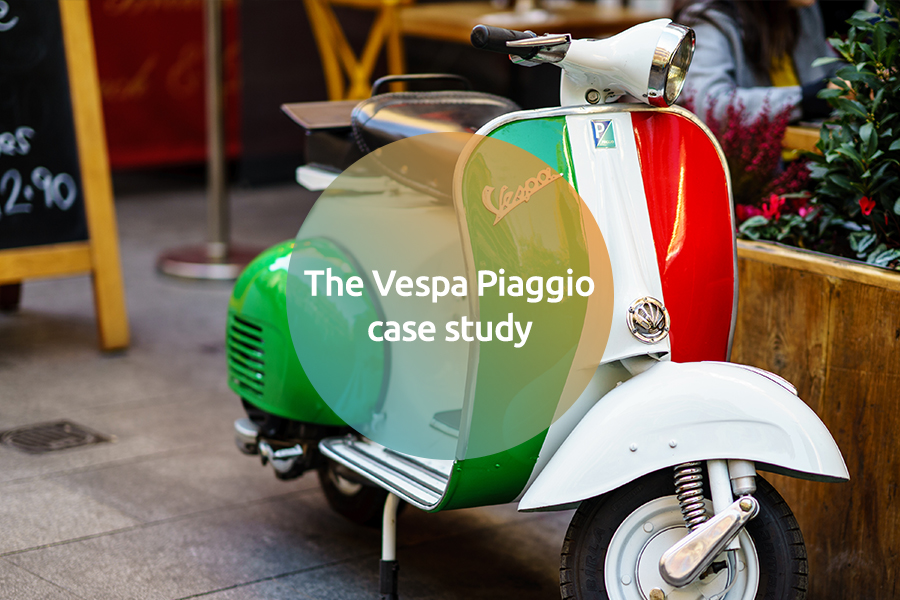Bisio Progetti SpA, a company active in coffee and instant drink capsule R&D, sought an urgent declaration from the Court of Milan of non-infringement of European patents 1472156 (EP‘156) and 180832 (EP‘832), both owned by the well-known Societé de Produits Nestlé SA, with respect to the new version of its capsules (V3 capsules).
On 12 July 2019 the court rejected an appeal filed by Nestlé on 28 January against the decision that it had issued on 14 January. In this decision, the Italian portions of EP’156 and EP’832 were declared partially invalid, and Bisio’s V3 capsules were not considered to be infringed, neither literally nor by equivalence, of the Italian portions of Nestlé’s patents.
Article 700 of the Italian Code of Civil Procedure states:
Out of the cases regulated in the previous sections of this chapter, a person who has founded reason to fear that during the time needed to assert his or her right in ordinary way, this is threatened by an imminent and irreparable prejudice, may by way of application to the Court to seek interim measures, which appear, according to the circumstances, more suitable to provisionally ensure the effects of the decision on the merits.
The preconditions for submitting an application for an urgent procedure are the interest in the action – the prima facie case and the danger of delay. With regard to the delay, it relates to the current danger that the claimant’s rights may be prejudiced and, given the circumstances of the case, said danger appears to be imminent and irreparable.
According to Nestlé, the fact that the V3 capsules had already been launched and distributed on the national market eliminated both the interest in acting and the danger of delay.
The court rejected this argument and confirmed, as in the first-instance decision, the distinction between the start of the production of the V3 capsules and the completion of the production/commercial process. The latter requires the involvement of further and different subjects and implies uncertainty about commercial strategies. In this case, Bisio’s concern about Nestlé’s initiatives which had, in the past, acted directly against Bisio’s buyers and distributors and compromised its relationship with them as well as the company’s reputation, was considered sufficient to substantiate its interest in bringing the action before the court.
Also with regard to the danger of delay, the court confirmed the first-instance decision. The V3 capsules comprise a cup that is filled with powder or soluble substances and packaged before being sold. It is evident that months can elapse from the production of the cup to the sale of the capsule on the market. Bisio has no control over the phases following production. This situation, aggravated by the extensive litigation pending between the parties and the fear of Nestlé’s behaviour, was regarded by the court as evidence of the danger of delay.
The court concluded that, even though the V3 capsules had already been marketed, the need and urgency to obtain a provision that would clarify the relationship between the parties’ respective products had not diminished.
Therefore, the court confirmed its previous decision on the subsistence of all the requirements for an interim measure to be granted.
Lessons from the decision
The interim non-infringement proceedings are aimed at eliminating an objective state of uncertainty that directly limits and affects the business activities of the claimant. The preconditions for the application of said proceedings are the same as for the urgent procedure provided for by Article 700 of the Code of Civil Procedure.
According to dominant Italian case law, by placing a product on the market, a company demonstrates that there is no need or urgency to obtain such a court decision.
However, this decision underlines that an assessment of urgency is a factual evaluation based on the particular circumstances of each case. Even if the case law provides some guidance, it is not possible to establish general rules that are applicable to all situations. In Bisio v Nestlé, even though the V3 capsules had already been launched on the market, the extensive litigation pending between the parties and the threat to Bisio’s business activities were regarded as sufficient for determining an objective state of uncertainty.





